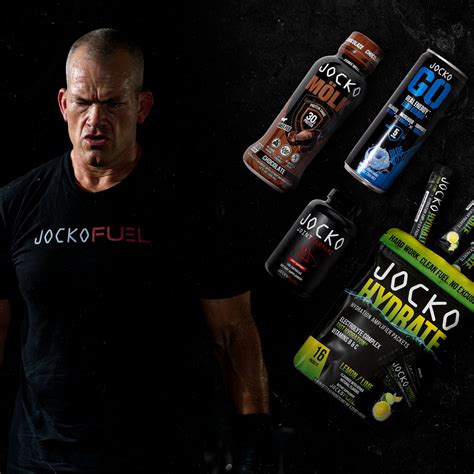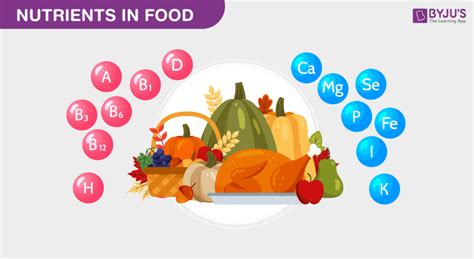Beyond protein shakes: What whole foods fuel male peak performance?

While protein shakes have a well-deserved place in the diets of many active men, particularly for convenience and immediate post-workout recovery, relying solely on them can mean missing out on a vast spectrum of nutrients vital for true peak performance. A holistic approach to male nutrition transcends isolated macronutrients, emphasizing the synergy of whole, unprocessed foods. These foods provide not just proteins, carbohydrates, and fats, but also an intricate array of vitamins, minerals, fiber, and phytonutrients that work together to fuel strength, stamina, mental clarity, and overall well-being.
The Foundational Pillars of Performance Nutrition
To truly unlock optimal physical and cognitive function, men need a consistent supply of diverse nutrients. This isn’t just about building muscle; it’s about energy regulation, hormonal balance, robust immunity, and sharp mental focus. Whole foods deliver these benefits in a way that supplements often cannot replicate, offering a complex matrix of compounds designed by nature.

Complex Carbohydrates for Sustained Energy
Forget the myth that carbs are the enemy. The right carbohydrates are crucial for fueling intense workouts, maintaining energy levels throughout the day, and supporting brain function. Opt for complex carbohydrates that release glucose slowly, preventing energy crashes.
- Oats: A fantastic source of soluble fiber, excellent for sustained energy and heart health.
- Quinoa: A complete protein and complex carb, rich in fiber, iron, and magnesium.
- Sweet Potatoes: Packed with vitamin A, C, and potassium, providing excellent energy without spiking blood sugar.
- Brown Rice: A staple for sustained energy, offering fiber and B vitamins.
Lean Proteins Beyond the Shake
While protein shakes are convenient, whole food sources offer additional micronutrients and often better satiety. Prioritizing these sources ensures you’re getting a broad amino acid profile along with essential vitamins and minerals.
- Fatty Fish (Salmon, Mackerel): Rich in Omega-3 fatty acids, crucial for brain health, inflammation reduction, and heart health, alongside high-quality protein.
- Chicken Breast & Turkey: Excellent lean protein sources, providing essential amino acids for muscle repair and growth, as well as B vitamins.
- Eggs: Nature’s multivitamin, offering high-quality protein, choline for brain health, and a range of vitamins and minerals.
- Legumes (Lentils, Black Beans): Plant-based powerhouses, combining protein and complex carbohydrates with fiber, iron, and folate.

Healthy Fats for Hormonal Balance and Brain Function
Dietary fats are not only essential for absorbing fat-soluble vitamins but also play a critical role in hormone production, brain health, and cell membrane integrity. Focus on unsaturated fats and natural saturated fats in moderation.
- Avocados: Loaded with monounsaturated fats, potassium, and vitamins K, C, E, and B vitamins, supporting heart health and energy.
- Nuts & Seeds (Almonds, Walnuts, Chia Seeds): Excellent sources of healthy fats, fiber, protein, and micronutrients like magnesium and zinc, vital for testosterone production.
- Olive Oil: A cornerstone of the Mediterranean diet, offering powerful antioxidants and monounsaturated fats for cardiovascular health.
Powering Up with Micronutrients: Fruits and Vegetables
These are the unsung heroes of peak performance, providing an abundance of vitamins, minerals, antioxidants, and fiber that optimize every bodily function, from immune response to energy metabolism.
- Leafy Greens (Spinach, Kale): Superfoods packed with vitamins K, A, C, iron, and magnesium, essential for bone health, energy, and muscle function.
- Berries (Blueberries, Raspberries): Bursting with antioxidants, which combat oxidative stress and support cognitive function and recovery.
- Cruciferous Vegetables (Broccoli, Brussels Sprouts): Rich in fiber, vitamins C and K, and compounds that support detoxification and hormonal balance.
Hydration: The Often-Overlooked Fuel
While not a “food,” adequate water intake is paramount for performance. Dehydration can significantly impair physical and cognitive function, reducing stamina, focus, and strength. Aim for consistent water consumption throughout the day, adjusting for activity levels and climate.
Integrating Whole Foods into Your Daily Regimen
Transitioning to a whole-foods-centric diet doesn’t have to be drastic. Start by incorporating one new whole food source into each meal. Prioritize variety to ensure a broad spectrum of nutrients. Meal prepping can be a powerful tool to ensure you always have healthy, performance-boosting options readily available.
- Breakfast: Oatmeal with berries and nuts, or scrambled eggs with spinach.
- Lunch: Large salad with grilled salmon or chicken, and diverse vegetables.
- Dinner: Lean protein (fish, chicken, or legumes) with sweet potato and steamed broccoli.
- Snacks: A handful of almonds, an apple with peanut butter, or Greek yogurt.
Conclusion
Achieving peak male performance extends far beyond the convenience of a protein shake. It’s about nourishing your body with the diverse and synergistic power of whole foods. By prioritizing complex carbohydrates, lean proteins from varied sources, healthy fats, and an abundance of fruits and vegetables, you provide your body with the ultimate fuel. This holistic nutritional approach supports not just muscle growth and recovery, but also optimizes energy levels, cognitive function, hormonal health, and overall longevity, truly unlocking your potential for sustained peak performance.








